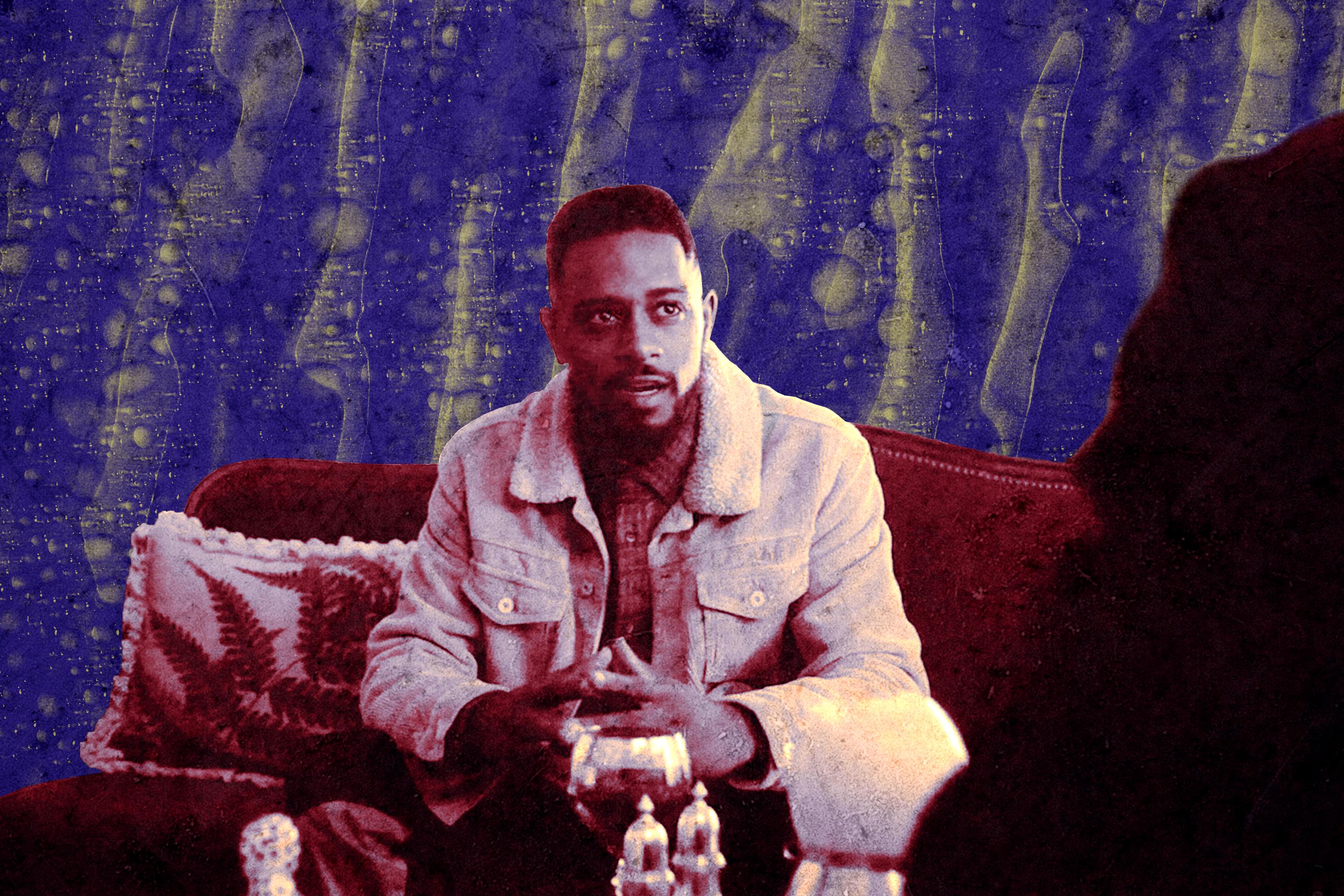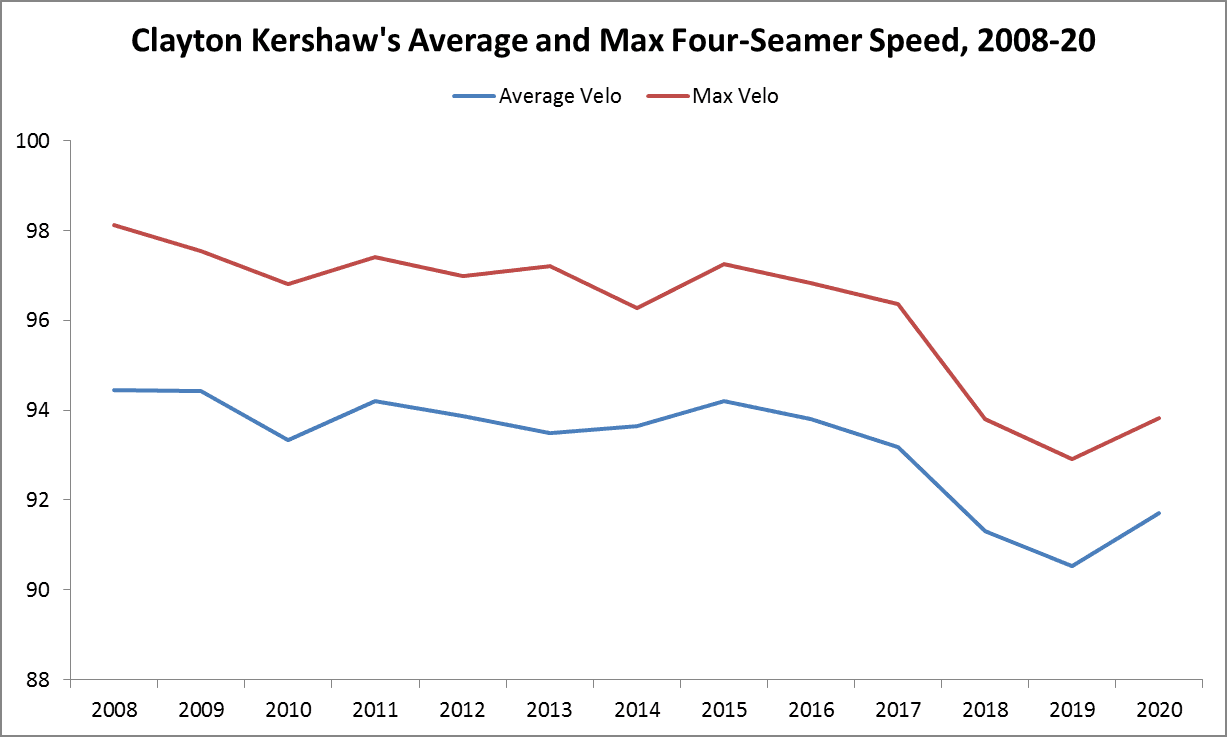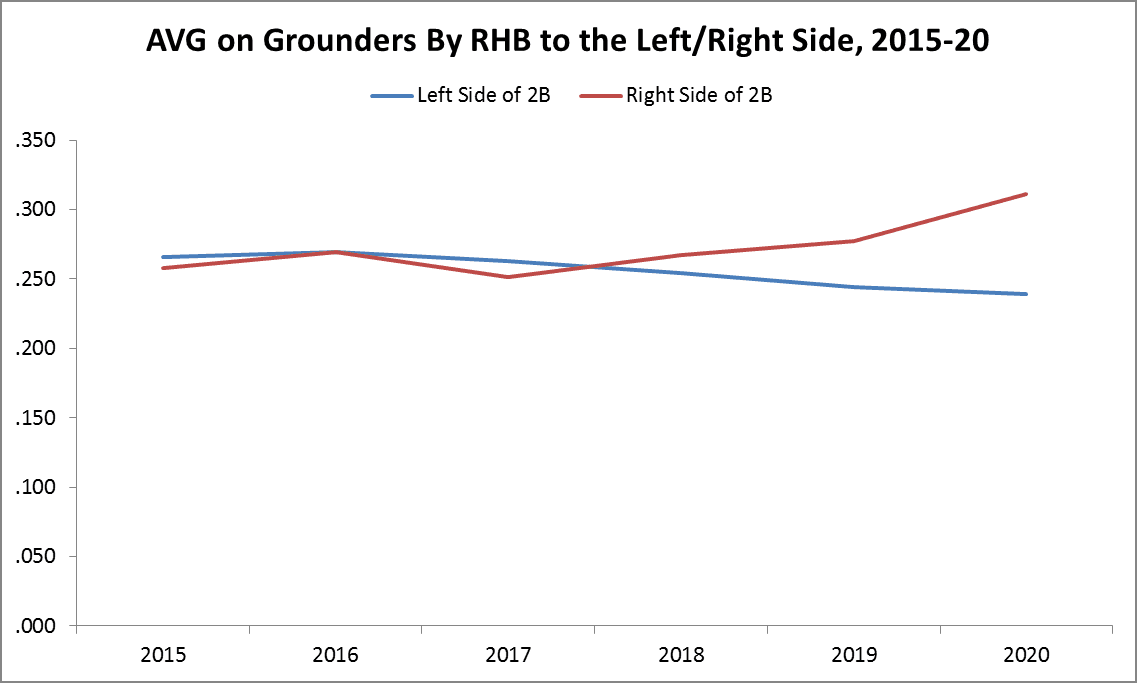
When we gush about Atlanta’s unpredictability, we are generally celebrating two things. First, the show’s confidence in its own direction whether you, the viewer, have any idea where you’re going or not. And second, the show’s willingness to float ideas it reserves the right to never revisit or flesh out.
Maybe that idea is the struggle to find a barber who’s both reliable and reasonable, maybe it’s a public-access television debate about heteronormativity and gender politics. Whatever the conceit, the execution is offbeat, but usually accessible and coy enough. There’s always some sort of wink at the camera—some impossible human interaction; a Nutella sandwich; a YouTube clip of Marcus Miles mowing people down in his invisible car—that tugs at the seams of reality, suggesting what viewers are witness to right this moment may not be happening. No one would ever say that Atlanta is a show that holds your hand, but it at least avoids caroming into complete absurdity, leaving you to take wild stabs in the dark.
What I’m trying to say is that when FX announced that Thursday night’s episode of “Robbin’ Season” was written by Donald Glover (!), directed by Hiro Murai (!!), and would be airing without commercial interruption (!!!), I knew to expect something, but no one could have anticipated Donald Glover playing “Teddy Perkins,” which is equal parts Thriller Zombie and Joseph Fiennes dressed as a grotesquely wax-like and overly powdered Michael Jackson. It’s not so much the hue that boggles the mind, although it is that, too. It’s the texture of Teddy’s pallid, undead face that makes it such self-sustaining nightmare fuel. What was that? Is it latex? Whittled tree bark? Pleather? SHOWER CAULKING? It’s probably latex.

Unlike last week’s “Barbershop,” which was entirely from Paper Boi’s point of view, “Teddy Perkins” is the Darius-centric adventure we’ve (I’ve) been waiting two years for, an episode of Atlanta you won’t soon forget, no matter how hard you try. It’s Get Out in micro. In fact, when Darius goes to knock at the door and it swings open, the episode feels as though this could be a prequel—that Teddy’s house is just another in the Armitage family’s perfect neighborhood.
Darius begins the episode asking for dehydrated mango and jicama at a gas station that couldn’t possibly stock those things. “This place sucks,” he whispers, before buying a Confederate trucker hat that says “SOUTHERN MADE” on it for the sole purpose of Sharpie-ing over the lettering to make it read “U MAD.” Which is cool! Everybody be cool. He’s just going to pick up a piano from an internet listing, no big deal. He hums Stevie Wonder to himself and cheerfully drums the steering wheel of his U-Haul all the way to a beautiful suburban mansion that Alfred warned him not to visit. The wrought iron gates swing open, and—surprise, surprise—Atlanta has decided it’s a horror short now, deal with it.
Or maybe it’s a horror spoof? It doesn’t fully commit to one or the other until the eventual murder-suicide that no doubt led you to draft a few tweets you were too exasperated to finish. Darius himself isn’t totally sure whether he’s meant to be legitimately scared or just the usual kind of uneasy. There’s a disquieting basement scene in which Teddy’s brother, Benny, warns Darius that Teddy will kill them both. Darius is amused, but would clearly also like to leave. Small eternities like this one make it tough to miss that “Teddy Perkins” is a very quiet episode—there are only two music cues. And with no music, one character incapable of facial expressions, and the other unsure about what planet he’s on, much of what’s funny, scary, or nauseating is a matter of personal discretion.
But there is a moment that is decidedly all three. Darius joins Teddy in his parlor to discuss how rap never quite aged out of its adolescence while Teddy indulges in an “owl’s casket,” which is a giant soft-boiled ostrich egg. I want to describe the process by which he eats it, but I can’t think of any verbs moist or gross or onomatopoeic enough. It’s funny because it goes on for what feels like 15 uninterrupted minutes; it’s scary because he seems to have tools specially made for this eerily specific task; it’s nauseating because he scoops the runny [gags] albumen out of the shell with his [dry heaves] fingers. Never has a delicacy looked so disgusting and inedible.

Each episode of “Robbin’ Season” has seen one of the principal characters robbed of something, even if it isn’t necessarily anything material. The third episode finds Earn with more money than he knows what to do with, but he is soon robbed of the notion that it can magic away the indignity and hardship he is nonetheless bound to face. You could say that Darius was robbed of a piano, since he did leave with an empty U-Haul truck, but it was Teddy who was robbed of his childhood, and, eventually, his personhood. There’s a scene where Teddy shows Darius a shrine to his abusive father, who used to make him practice piano three hours a day, twice a day, with exams on Sundays. It’s a faceless mannequin in a literal suit.
There are shades of Marvin Gaye, Michael Jackson, and Prince in Teddy, a cloistered pop legend fading from the world in a house that’s more a monument to his legacy than a space he can continue living in. It’s massive, and gorgeous, but eerily sterile and lifeless—think Neverland in June 2009 or Paisley Park in April 2016. Once you get past the shock value, Teddy is an examination of the destructive nature of fame, how becoming larger than life can make a person less than human. At one point Darius calls Alfred and tells him to Google Image search “Sammy Sosa wearing a hat,” so Alfred can get a better idea of exactly how ghoulish Teddy looked. The jokes begin to fly; he “looks like a white man’s penis,” he looks like “what’s under a scab,” and so on. Hearing an artist’s plight for jokes is familiar ground for anyone who is online or went to middle school. I remember hearing about Michael Jackson’s nose falling off; I remember Uncanny Valley Lil Kim; I’ve watched Marvin Gaye talk about how “music is universal, music belongs to no one, music belongs to god,” and noticed that the person who uploaded the video to YouTube thought “he was high when he did this lol” was the most important takeaway. A tortured artist is only so important as they are exploitable, Atlanta seems to be saying.
It also seems to notice that we’re a nation addled by emotionally absent fathers. “Teddy Perkins” reveals an unexpected heart, when Darius shares that he also went through “daddy stuff,” all of which could have been undone with a simple apology. It’s a last-minute plea for a return to reason and love and sanity that Darius emphatically does not get. Even so, the monologue is stirring and powerful—maybe exactly what Prince, Michael, or Marvin would have needed to hear in their lowest moments. It’s also an amazing piece of acting; the combination of pity, compassion, and terror that play across Lakeith Stanfield’s face in this scene is mortal in such an arresting way that you have no choice but to be excited for his upcoming movie, Sorry to Bother You. Glover is exquisitely creepy, but Stanfield is transcendent.
Benny still kills Teddy, and then himself, right in front of Darius. For what it’s worth, Alfred did tell him not to go in that house.